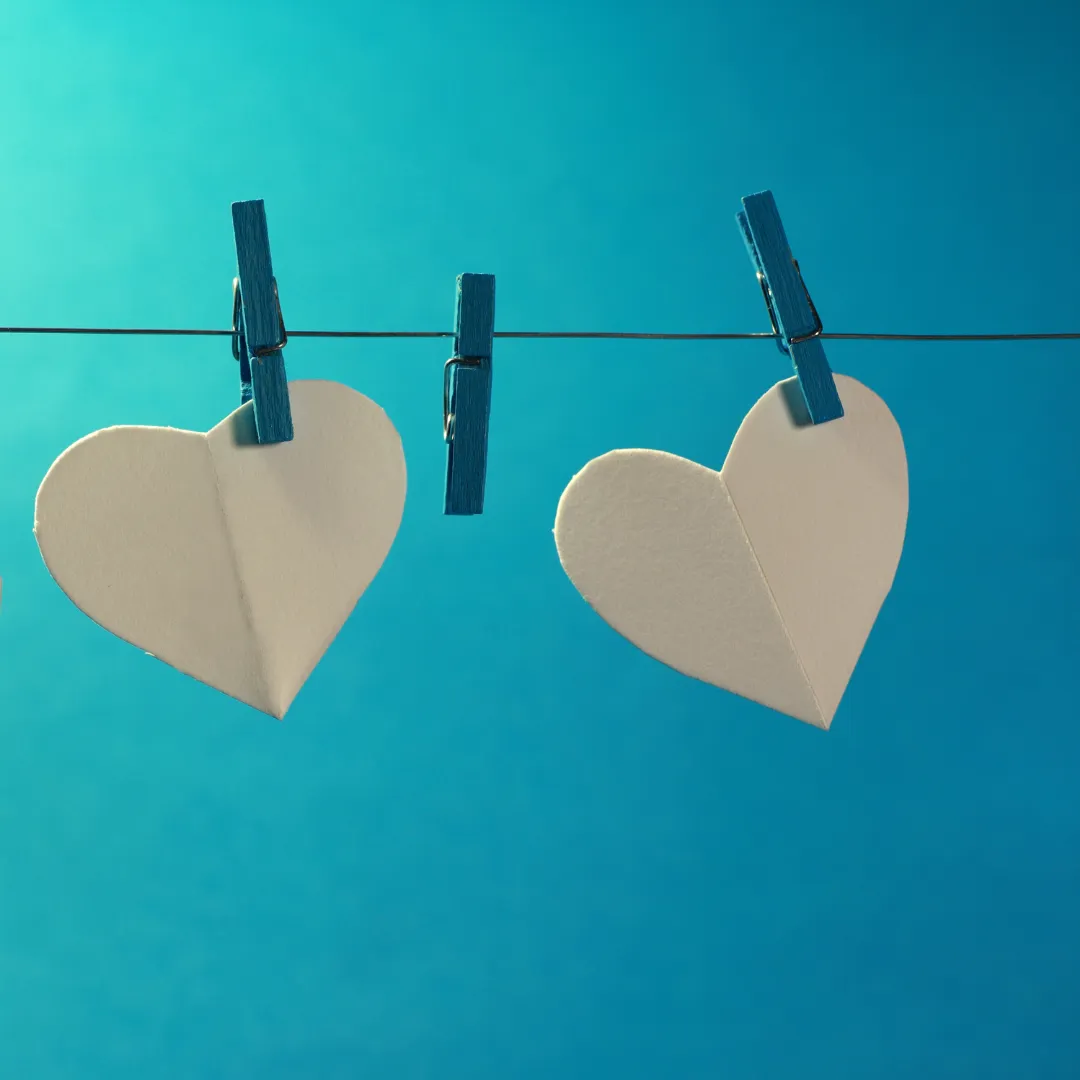
3 REASONS WHY YOU MIGHT STRUGGLE WITH DIVORCE GRIEF - EVEN IF YOU WANTED THE SPLIT IN THE FIRST PLACE
Whether you were the one who instigated your separation, or your former partner did, divorce is a complex process that can lead to a host of conflicting and painful feelings. Even if you’re also feeling relief or joy from this chapter of your life ending, you might still be feeling a sense of grief and loss for your former life.
Experiencing some or all of the stages of grief while working through your divorce is a completely normal reaction. No matter how complicated and confusing this situation may be, divorce is still a form of loss — and whether you’re struggling with denial, anger, or depression, it’s important to give yourself the time and space to fully process your grief. Just like with all other types of grief and loss, your recovery progress may not always be linear — in fact, you may find it even more challenging to work through your healing because your community may not know how to support you properly through this massive life change. Divorce grief is unique, and if you haven’t gone through it yourself, it can be hard to understand.
Here are three of the main reasons that divorce grief can be especially challenging to navigate:
You might do most of your grieving in isolation: Even though nearly 50% of marriages end in divorce, there is still so much stigma around it — and not just from your community, either. A recent study actually found that half of all couples who divorce feel a sense of shame and failure. Although the divorce rate shows that we’re certainly not alone in the experience of divorce, most of us struggle in these uncharted and unfamiliar spaces that are surrounded by so many limiting beliefs and fear.
You may suffer from disenfranchised grief: When you’re grieving the death of a loved one, there are common rituals that friends and family can do to support you, from attending funerals or memorials, to bringing over food or care packages. Although your grief may feel similar, our society doesn’t always see divorce grief as “valid” or “important”. We call this disenfranchised grief: a type of grief you might experience when you’re going through a loss that tends not to be openly acknowledged, mourned, or socially supported. Even if your friends and family are well-intentioned, they still might say things like “but he was so terrible to you, how can you be sad about it?”, or “your life is so awesome now, how can you miss your old life?” Remember: even if your community doesn’t fully understand the grief and loss you’re experiencing, that doesn’t make it any less legitimate.
You’ll likely receive a lot of judgment from others: From commentary on whether you made the right decision or the wrong one, to thoughts on how your divorce will affect your children, you’ll always encounter people who are quicker to judge than they are to support. Even once you’ve moved on from your former relationship and are re-entering the dating world, you might still face judgment on whether you’re moving too fast or dating around too much. Again, the stigma around divorce can still be extremely pervasive in some communities, and this lack of support can also contribute to your grief and isolation.
SUBSCRIBE TO THE SQUEEZE
Feel whole, hopeful and happy while you crush divorce and transform into your authentic self with quick wins, mindset shifts and growth through mindful reflection. All that helped me to quickly re-set during challenging and forgiving times through divorce.
We respect your privacy.






